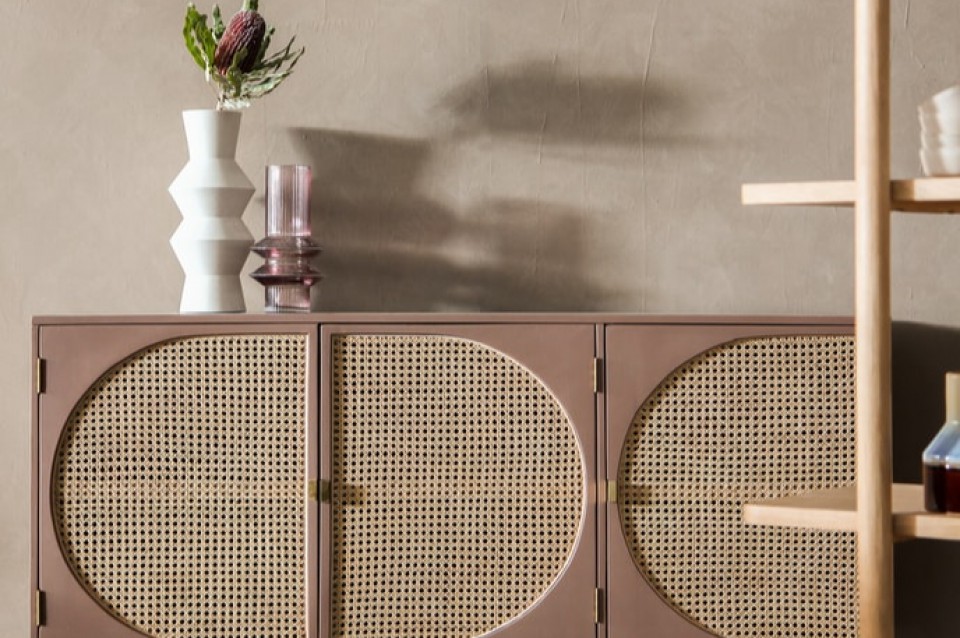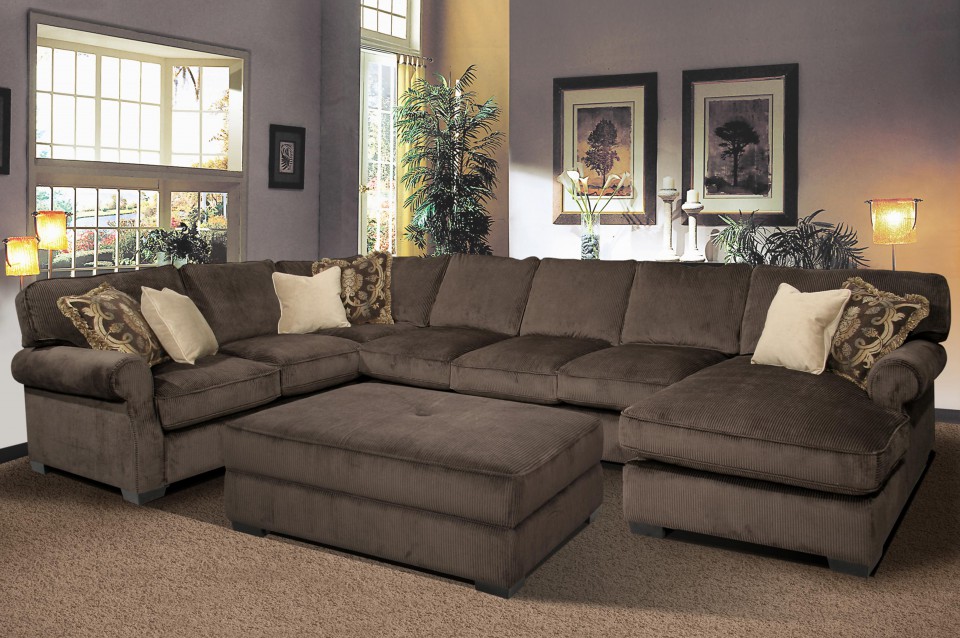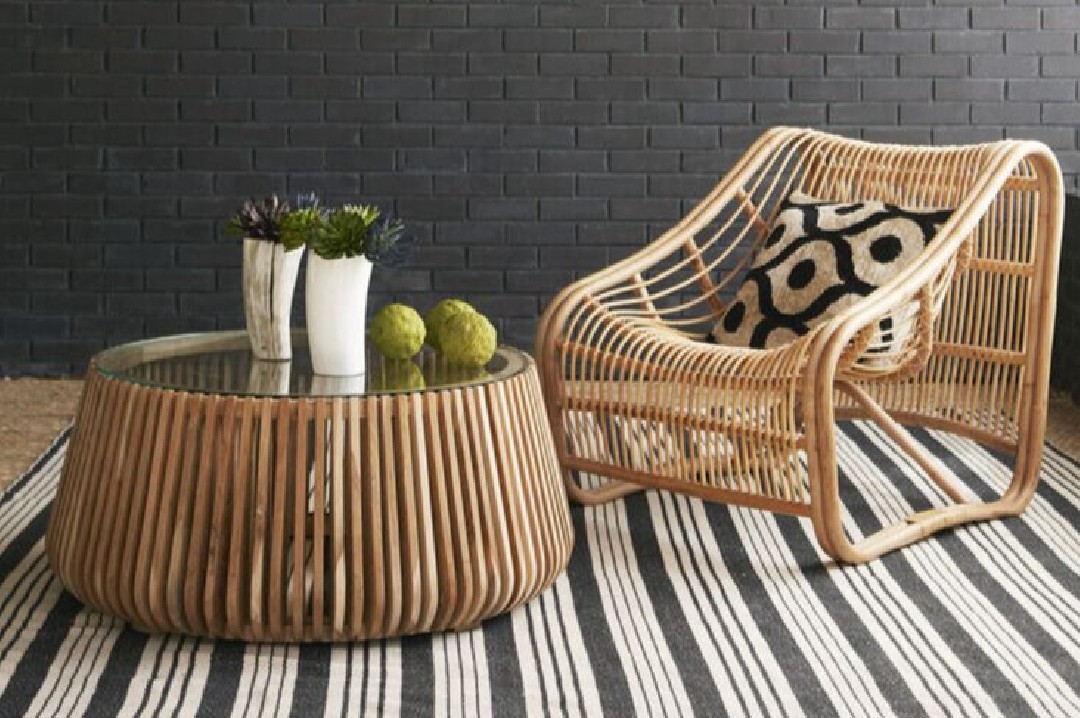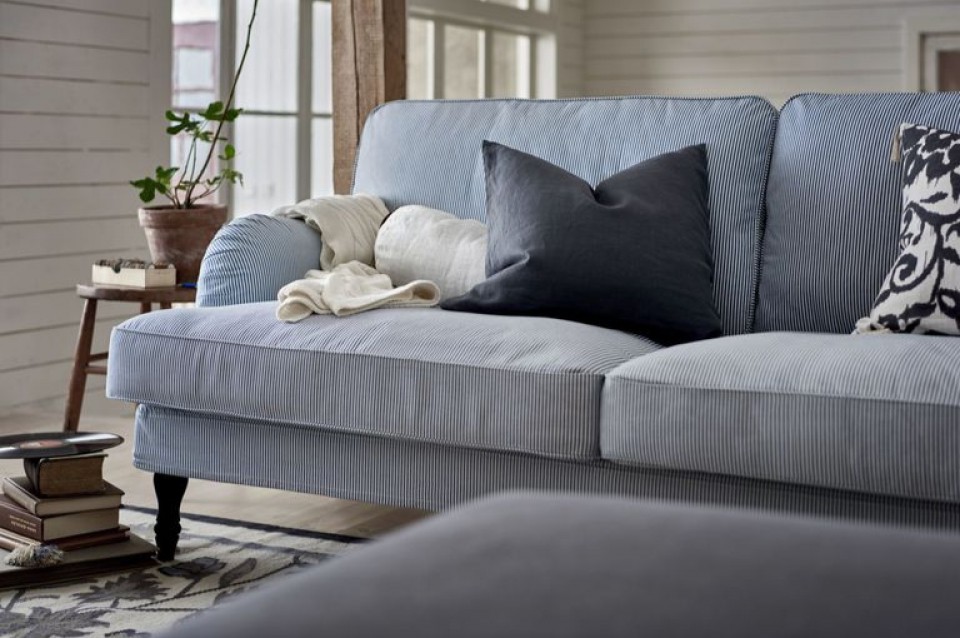The Difference Between Granite and Quartzite Countertops: Which Is Best for You?
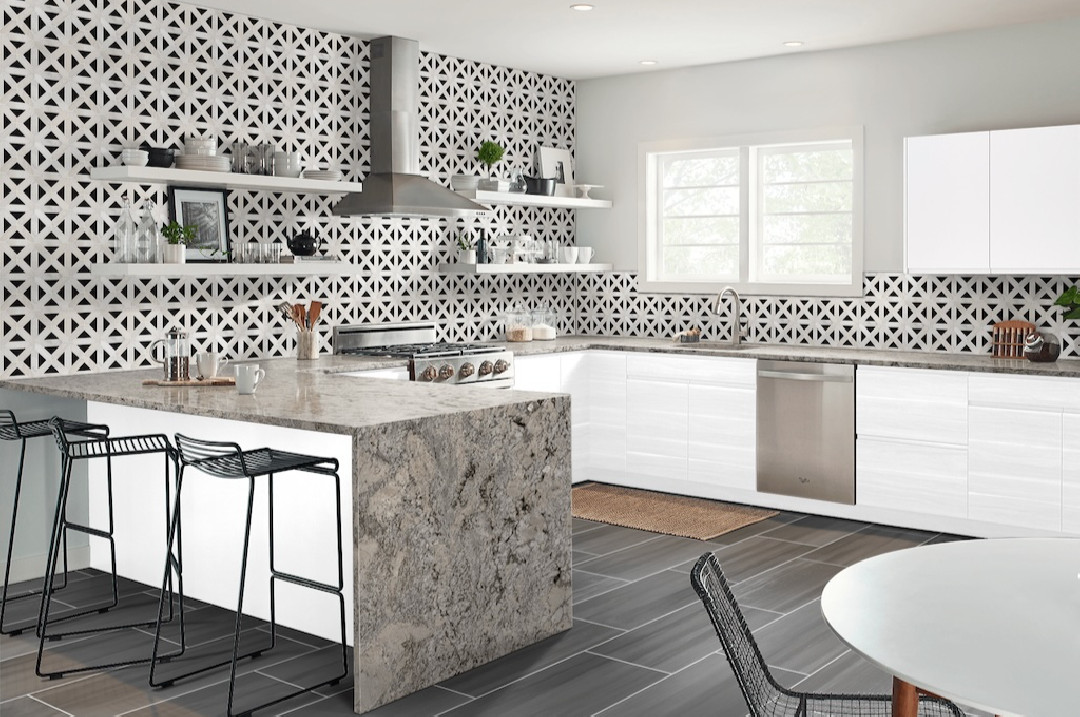
When you’re choosing countertops for your home, two of the most popular options are granite and quartzite. Both are natural stones that bring beauty and durability to your kitchen or bathroom, but they have key differences that can influence which one is best for you. Understanding these differences will help you make the right decision based on your specific needs, preferences, and lifestyle.
1. What Is Granite?
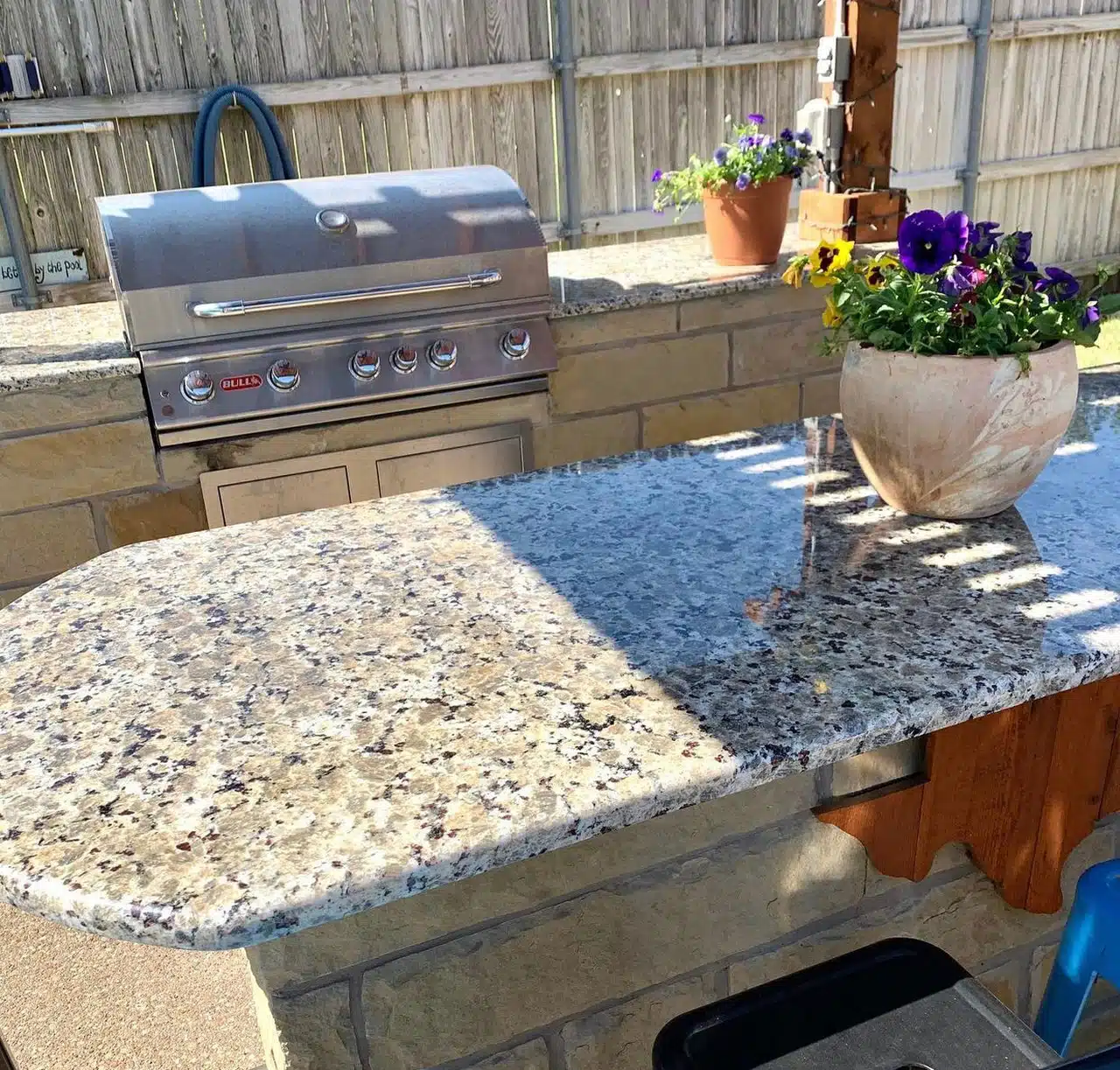
source : wholesalegranitedirect.com
Granite is a natural igneous rock formed from cooled molten lava deep beneath the earth’s surface. It’s primarily made up of quartz, feldspar, and mica, giving it a distinctive granular texture. Granite is known for its durability and the unique patterns that result from the combination of minerals. No two slabs of granite are exactly alike, which means your countertops will have a one-of-a-kind appearance.
Granite comes in a wide range of colors, from deep blacks and greys to lighter shades like white, pink, or blue. Because of its high concentration of quartz, granite is a very hard and dense material, which contributes to its durability.
2. What Is Quartzite?
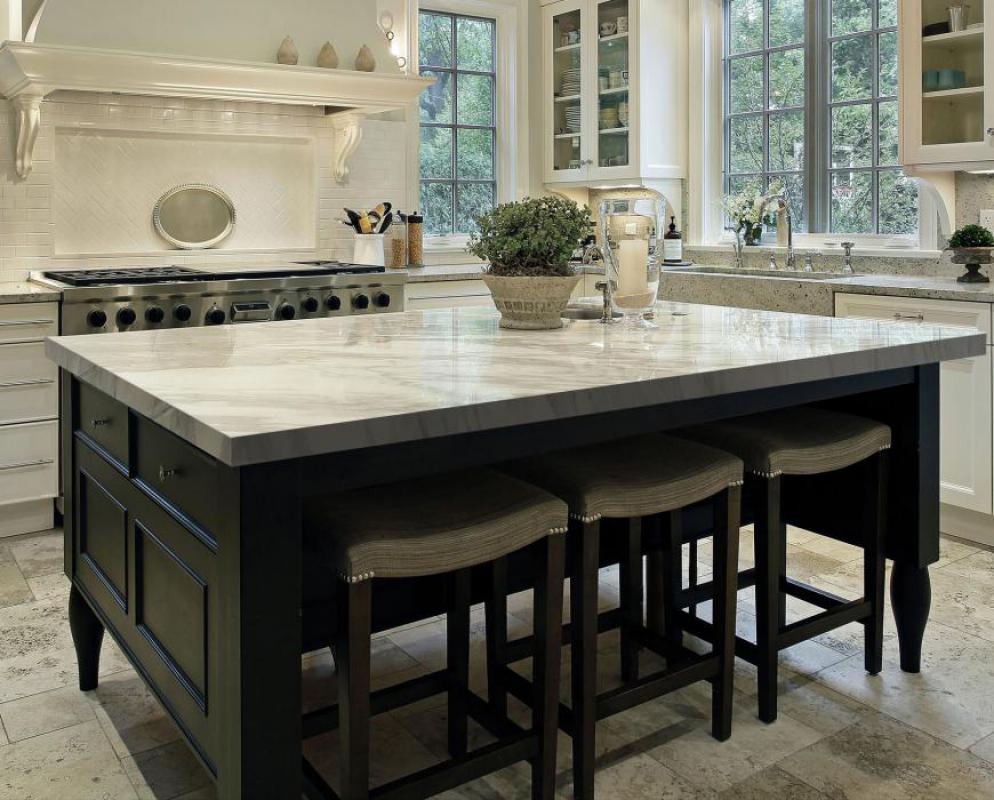
source : wholesalegranitedirect.com
Quartzite is a metamorphic rock that begins as sandstone. Through a process of heat and pressure over time, the sandstone transforms into quartzite. Like granite, quartzite is incredibly durable, and its hardness surpasses granite in many cases. Quartzite is composed almost entirely of natural quartz, which gives it a sparkling, crystalline look.
The colors of quartzite are usually more neutral, with shades of white, grey, and beige being the most common. However, some varieties feature stunning veining in hues of pink, blue, or even green. Because quartzite starts as sandstone, its patterns can mimic the layered look of the original rock, giving it a more flowing, marble-like appearance.
3. Durability and Hardness
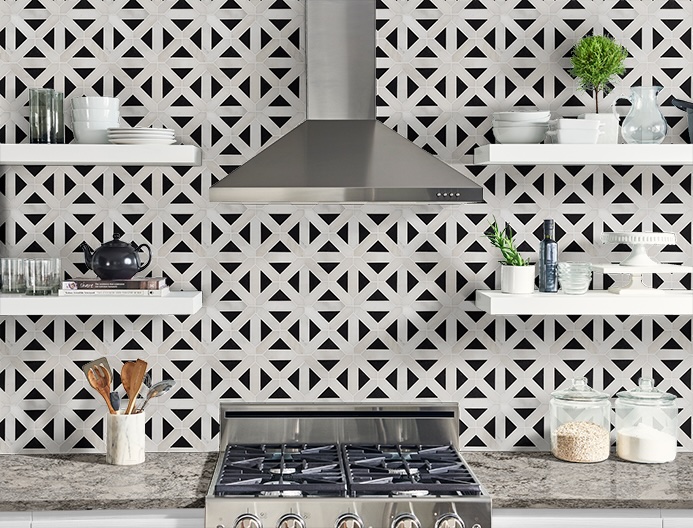
source : wholesalegranitedirect.com
One of the first things most homeowners look for in countertops is durability, especially for kitchens where heavy use is common. Both granite and quartzite are durable, but there are slight differences that may influence your choice.
Granite is already known for its impressive hardness and durability. It ranks around 6-7 on the Mohs hardness scale, meaning it resists scratches and chips very well. This makes it an excellent choice for kitchen countertops, where you’ll be cutting, chopping, and placing heavy objects.
Quartzite, however, is even harder than granite. It ranks at a 7-8 on the Mohs scale, making it one of the hardest materials available for countertops. Quartzite’s incredible hardness makes it even more resistant to scratching and damage than granite. If you have a busy kitchen where heavy cookware and sharp knives are in frequent use, quartzite might be a better choice for long-term durability.
4. Maintenance Needs
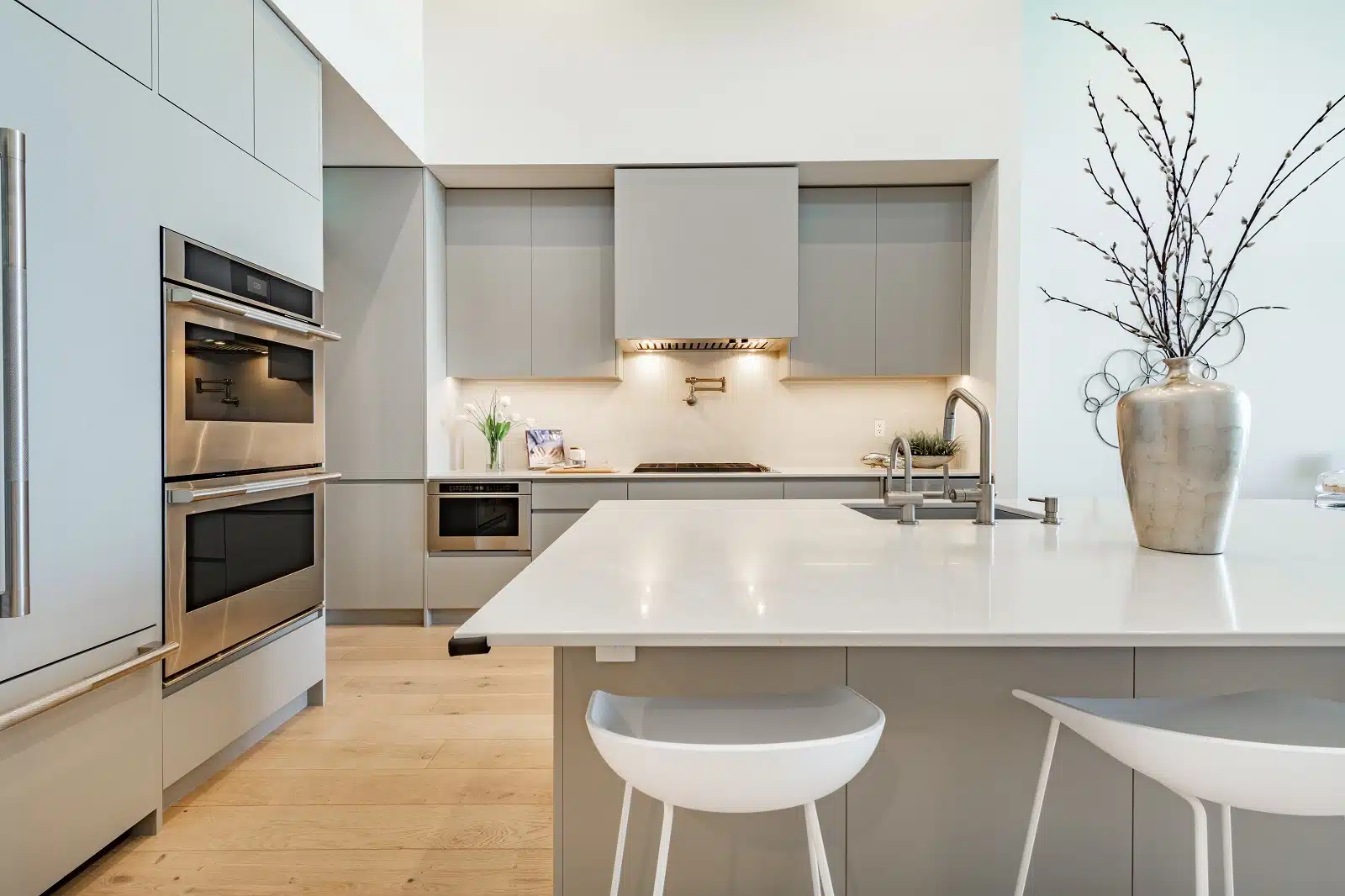
source : wholesalegranitedirect.com
Granite and quartzite both require some level of maintenance to keep them in top condition, but there are differences in how much effort is required.
Granite is porous, which means that liquids can seep into the stone if it’s not sealed properly. Most granite countertops need to be sealed once every year or two to maintain their stain resistance. The sealing process is simple, and with regular upkeep, granite countertops can remain stain-free and beautiful for decades.
Quartzite, like granite, is also porous, so it requires regular sealing to prevent staining. However, because quartzite is harder than granite, it is slightly less prone to scratches or etching. Despite this, sealing quartzite countertops is still recommended, especially in high-use areas like kitchens.
Overall, both materials require similar maintenance, but if you’re looking for an extremely low-maintenance stone, you might consider engineered quartz (a man-made material) instead. Both granite and quartzite need occasional care, but neither is difficult to manage.
5. Appearance and Aesthetic Appeal
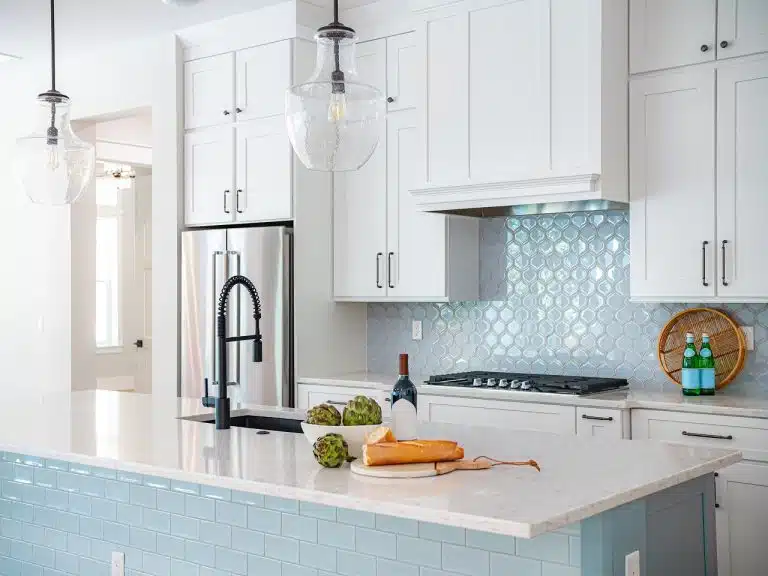
source : wholesalegranitedirect.com
One of the biggest factors when choosing between granite and quartzite is appearance. Both stones offer unique beauty, but they have different aesthetics that may appeal to different tastes.
Granite is known for its variety of colors and patterns. Depending on the minerals present during its formation, granite can be speckled, veined, or even solid in color. Its colors range from light shades like white and beige to dark hues like black and blue. The variety of patterns in granite makes it suitable for a wide range of interior designs, whether you’re going for a modern, sleek look or something more traditional.
Quartzite, on the other hand, tends to have a more uniform appearance with flowing, marble-like veining. If you love the look of marble but need something more durable, quartzite is an excellent alternative. Its neutral color palette of whites, greys, and beiges makes it ideal for homeowners seeking a timeless, elegant look. Quartzite can also be polished to a high-gloss finish or left with a matte texture, depending on your design preferences.
6. Heat Resistance
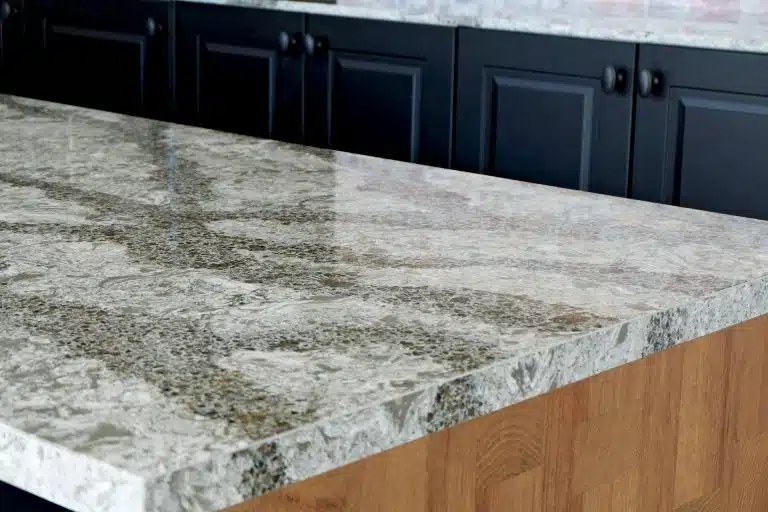
source : wholesalegranitedirect.com
Both granite and quartzite are heat-resistant, making them excellent choices for kitchen countertops where hot pots and pans are frequently placed on the surface. Granite, being an igneous rock formed by heat, can withstand high temperatures without being damaged. You can safely place hot cookware directly on the surface without fear of scorching or heat marks.
Quartzite is similarly resistant to heat. In fact, quartzite’s heat resistance may even surpass that of granite, thanks to its high quartz content. However, to preserve the appearance of both materials, it’s always recommended to use trivets or hot pads to avoid any potential thermal shock.
7. Cost Considerations
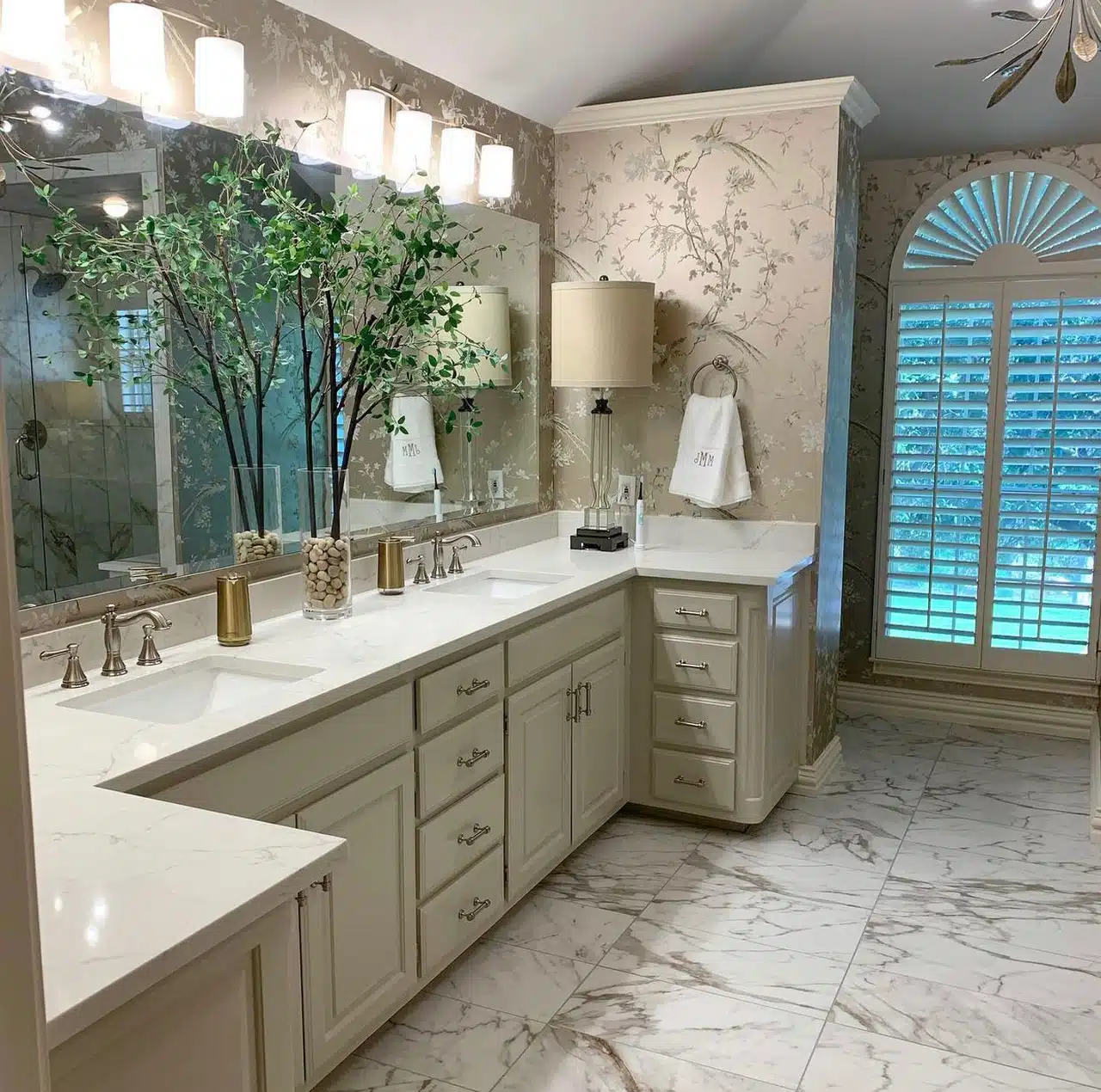
source : wholesalegranitedirect.com
Price is often a deciding factor when choosing between granite and quartzite. Both materials are considered premium options for countertops, but their costs can vary depending on factors such as rarity, location, and installation.
Granite is generally more affordable than quartzite, although the price can vary depending on the type of granite and its origin. More exotic granite varieties with unique patterns or rare colors will be more expensive. In many cases, homeowners can find more common types of granite at lower prices, making it a budget-friendly option for high-end countertops.
Quartzite, being rarer and more difficult to extract and process, is typically more expensive than granite. However, its superior hardness and durability may justify the higher cost for many homeowners. If you’re looking for a long-lasting investment that will maintain its beauty for years to come, quartzite’s slightly higher price tag may be worth it.
8. Environmental Impact
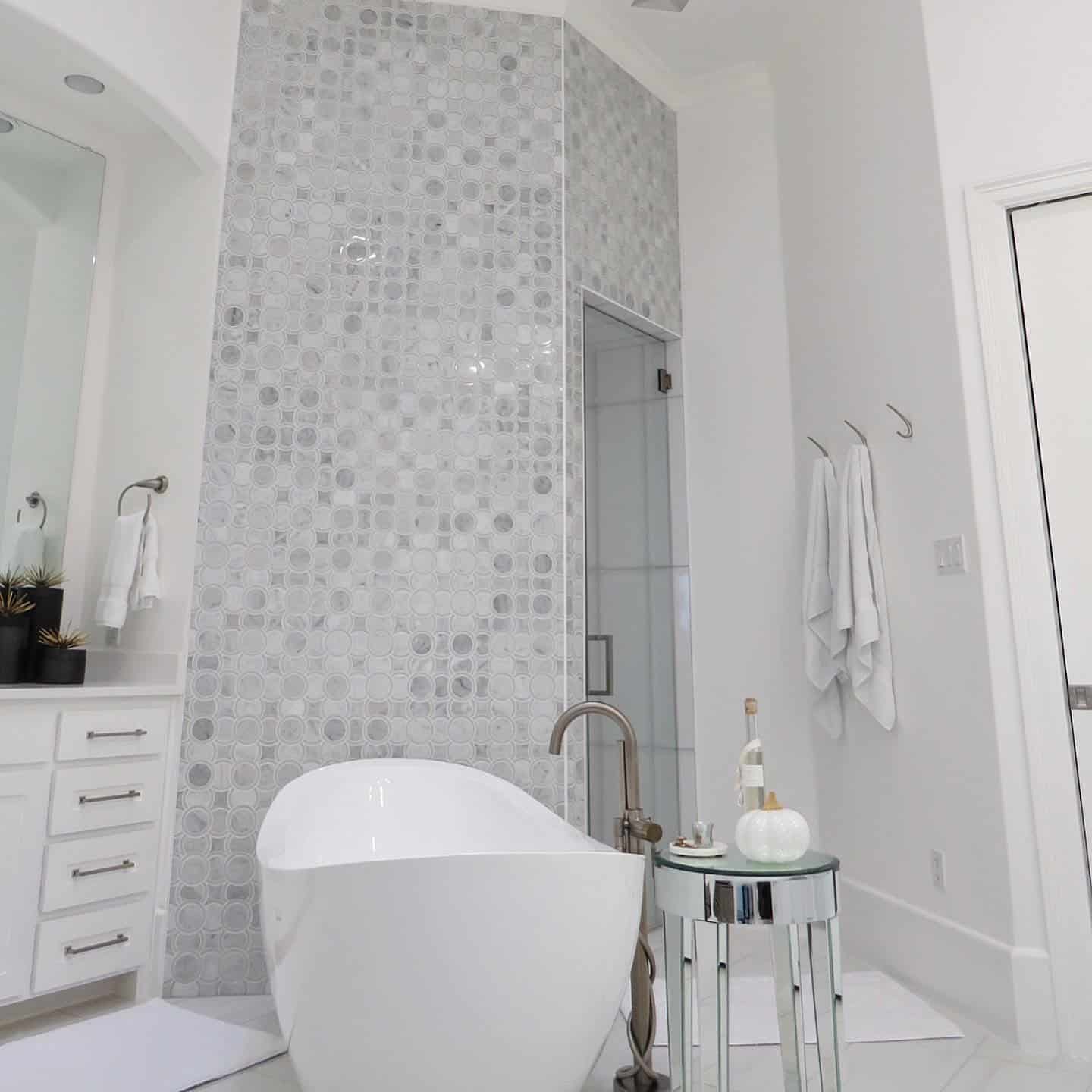
source : wholesalegranitedirect.com
For eco-conscious homeowners, it’s important to consider the environmental impact of the materials used in your home. Both granite and quartzite are natural stones, but there are differences in how they are sourced and processed.
Granite is widely available and mined in many parts of the world. While granite extraction can have an environmental impact, many suppliers now focus on sustainable practices to minimize the damage. You can also reduce your carbon footprint by sourcing granite from local quarries instead of importing exotic varieties from overseas.
Quartzite, while less common than granite, is also a natural stone that is mined from quarries. The environmental impact of quartzite is similar to that of granite, although its availability might make it more difficult to source locally. As with granite, choosing quartzite from a reputable supplier that prioritizes sustainability can help mitigate environmental concerns.
Choosing between granite and quartzite countertops ultimately comes down to your specific needs and preferences. Both materials offer incredible durability, beauty, and functionality, making them ideal for kitchens, bathrooms, and other spaces. If you value hardness, scratch resistance, and a marble-like appearance, quartzite may be the perfect choice. If you’re looking for a more budget-friendly option with a wide variety of colors and patterns, granite could be the better fit. Understanding the key differences between these two natural stones will help you make an informed decision and select the countertop that best complements your lifestyle and design vision.


